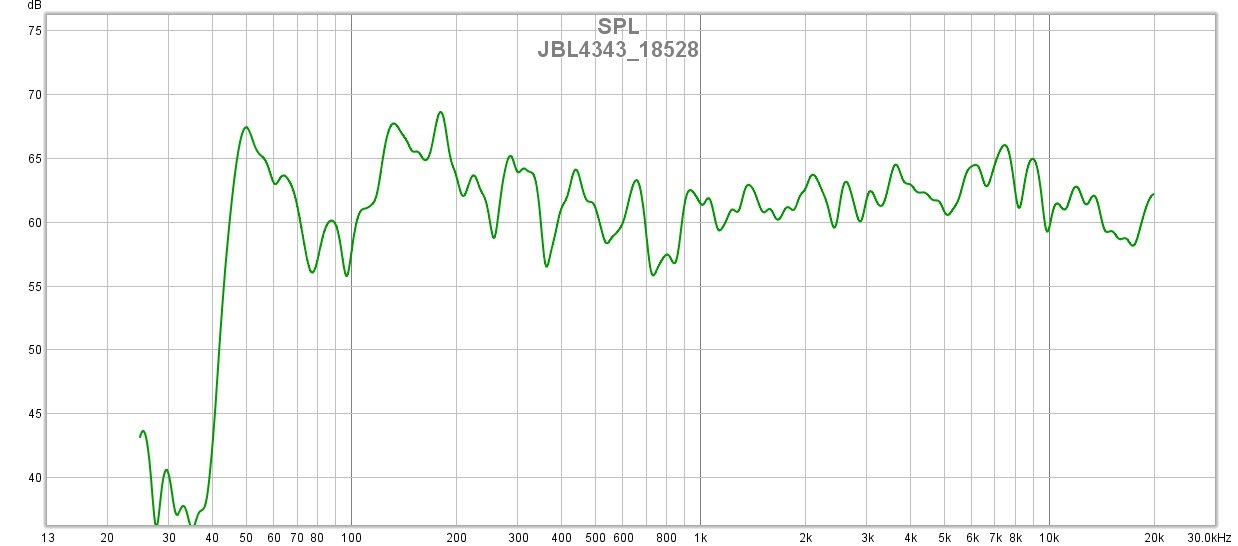Item Condition: very good
Shipping Options: Pickup available but audition is not available.,Shipping is available at agreed cost.
Suburb or Town: Epping
State: NSW
Payment Method: Paypal (Buyer pays 2.6% fees or F&F with no fees), EFT, Cash on Pickup
Reason for selling: No longer used
Further Information:
In perfect working and pristine condition, comes with the original remote and manual.
Review from fmtunerinfo
"The TU-1500RD is my DX tuner of choice these days. RF performance is wonderful, and changing the four IF filters for better selectivity is very easy. In wide mode it uses two of the filters, and in narrow mode it uses all four [two of which have a fairly narrow 180 kHz bandwidth - Editor]. It's not bad with the stock filters, but I modified mine by replacing all the filters with 150 kHz Muratas. In this configuration it's very close to being as selective as the Onkyo T9090II. What I like about the TU-1500RD is the sensitive and apparently low-noise front end. I've measured mine down to 0.5 microvolt for a usable (in DX terms) mono signal. The tuner handles my high-RF environment (less than five miles from two 100,000-watt FM stations) better than any tuner I've ever tested. I like this tuner so much that I sold my T-9090II. When you open the TU-1500RD it looks like a gutless wonder inside, because most of the components are surface-mounted on the 'underside' of the circuit board. There are very few components mounted on the 'top' of the circuit board. The tuner does not automatically switch from Narrow to Wide IF mode while tuning, but it does have selectable Auto/Manual tuning mode. I always run mine in manual because in auto it wants to scan to the next fairly strong signal it finds, which is annoying. In manual, it tunes normally in 100 kHz steps, but in manual mode it won't do stereo. [Could there be a problem with this one? - Editor] I think that's kind of odd, but it doesn't bother me for DX work. In either auto or manual, it retains whatever IF setting (wide or narrow) you've selected."
DXer Matt S. adds, "I too am pleased with the TU-1500RD, although I've not modified the filters. The audio quality is far superior to my Yamaha TX-900 but the .01 MHz tuning step on the Yamaha is very useful. I decided the best thing for me was to leave the Denon unmodified and use both tuners as conditions warrant. Having not used a 'regular' (read: unmodified) tuner in years, I can't really compare this unit to other unmodified tuners, but it does fine on adjacents if a signal is up. The real fun, of course, is the RDS display built in." Our contributor Alan M. says, "One of the great things about the TU-1500RD is the persistence of RDS station name. If you allocate a preset number to a 'blank' frequency and the ionosphere/meteor scatter brings in a distant station strongly enough, the station name will then forever be allocated to that preset! This is very different from other RDS tuners I've had which lose the station name as soon as the signal fades." Another DXer, Mike Bugaj, has a writeup on mods for the TU-1500RD, as well as a comparison to the Onkyo T-450RDS, on his website. But DXers Bill N. and Randy Z. complain that "the extended mute every time you change frequency, almost a full second," basically means that the TU-1500RD has to be DXed with in mono. Bill adds, "There is also next to nothing you can do to tweak that tuner as there just isn't much inside other than the big IC that has everything built into it, and the service manual isn't terribly helpful on what pins do what."









 English (US)
English (US)